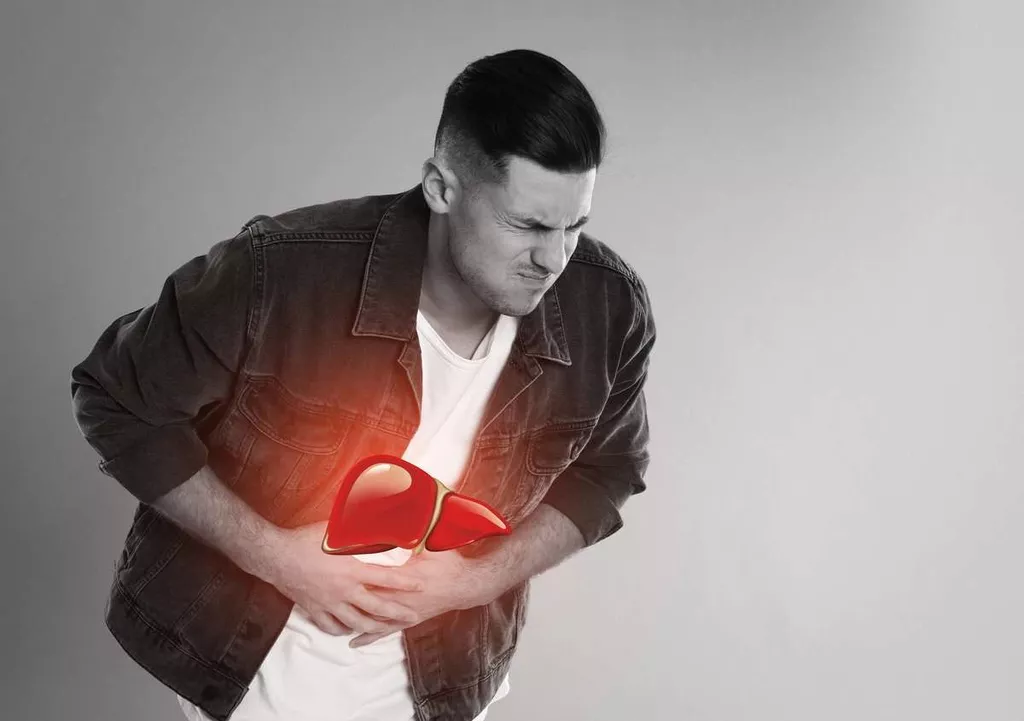WKS often results due to inadequate absorption of thiamine from the digestive system, a common consequence of excessive alcohol consumption. Common symptoms of WKS include memory loss, confusion, and coordination problems. It is critical to address thiamine deficiency as early as possible to prevent or alleviate the symptoms of WKS. Alcohol interacts with neurotransmitters including gamma-aminobutyric acid.

Drugs & Supplements

This can make it hard to stay away from alcohol while you’re trying to get better. Vitamins and their possible mechanisms of action against the liver injury caused by al-cohol consumption. S-adenosylhomocysteine (SAH) is a product and inhibitor of methyltransferase reaction (MTs) as well as a substrate for the bidirectional enzyme SAH hydrolase (SAHH), which creates homocysteine or SAH when SAH is in excess. Hcy is metabolized by cystathionine beta-synthase (CBS) and cystathionase to produce cysteine and glutathione (GSH) in transsulfuration processes. It is also important to note that SAM inhibits MTHFR while promoting CBS expression.
What Essential Vitamins Do Drinkers Need?
- Adults need about 2.4 micrograms of B12 a day (that much can be found in one portion of salmon, canned tuna or ground beef), with pregnant and nursing women needing slightly more (2.6 and 2.8 mcg, respectively).
- You’ll probably need lots of small, healthy meals throughout the day.
- Nutrient-dense foods, such as fruits, vegetables, lean proteins, and whole grains, can help provide the necessary nourishment for your body during this challenging time.
- However, for most micronutrients, part of the information that is required to accurately calculate the daily intake is either unknown or incomplete.
There are holistic addiction treatment centers and substance use treatment programs that emphasize nutrition education, too. Heavy drinkers may benefit from adding vitamin B1, B2, B3, B6, and B9 supplements as indicated by symptoms of deficiencies, and under professional medical guidance. Excessive alcohol intake results in inflammatory lesions on the stomach and small intestine walls, reducing the ability of mucosal cells to absorb nutrients, including vitamin B, from food[5][6]. Through a comprehensive approach that encompasses addiction medicine, mental health, and behavioral therapies, you can achieve lasting recovery from alcohol use disorder and enjoy a healthier, happier future.
What vitamins help the liver recover from alcohol?
ALD refers to a series of diseases that begin with fatty liver and progress to AH and alcoholic cirrhosis. Malnutrition in patients with ALD is correlated with decreased quality of life, increased risk of infection, frequent hospitalization, complications, mortality, and financial burden. Physicians, including gastroenterologists and hepatologists, should be familiar with the assessment and management of malnutrition and nutritional supplementation [13]. Alcoholic beverages contain little or no protein, vitamins, trace elements, fiber, or other nutrients [14]. However, resting energy expenditure (REE) is usually elevated in AUD patients, even though they often do not eat and only drink alcohol.
Fatty Acids and Amino Acids

Alcohol interferes with nutrient absorption, damages the gastrointestinal tract, and impairs the liver’s ability to metabolize nutrients. In addition, mixing these substances can cause liver strain and gastrointestinal distress. Consult your doctor about drinking and any medications or supplements you are currently taking. The best way to avoid side effects is to stop drinking entirely.
- The only way to protect the liver long-term is to eliminate or drastically reduce drinking.
- Most people get plenty of it through their diet or those multivitamin supplements.
- All-cause mortality increased with increasing alcohol consumption, and only zero drinks minimized harm to overall health outcomes [20].
- In particular, advanced ALD requires appropriate nutritional therapy according to the disease stage.
- Overall, according to the American Society of Addiction Medicine, the goal of detoxification is to help make withdrawal safer, more humane and prepare the individual for ongoing treatment.
- Recent clinical trials have examined the efficacy of numerous antioxidants, including S-adenosylmethionine (SAMe) and vitamin E.
- The American Heart Association recommends you eat minimally 5 ounces of plant protein per week.
- If you’re in recovery from alcohol use disorder, adding this supplement into your diet can help with anxiety, depression, chronic pain, and many other issues that might trigger alcohol cravings.
In effect, alcohol use abuse is considered a chronic disease that promotes the pathogenesis of many fatal diseases, such as cancer and liver cirrhosis. The alcohol effects in the liver can be prevented by antioxidant mechanisms, which induces enzymatic as well as best vitamins for recovering alcoholics other nonenzymatic pathways. However, these studies have been accompanied by uncertainty as mixed results were reported. Thus, the aim of the present review article was to examine the current knowledge on vitamin deficiency and its role in chronic liver disease.
Editors’ Picks: 6 Buzzworthy Products We Tried For Alcohol Awareness Month – Forbes
Editors’ Picks: 6 Buzzworthy Products We Tried For Alcohol Awareness Month.
Posted: Fri, 12 Jan 2024 08:00:00 GMT [source]
Follow the links to read common uses, side effects, dosage details and user reviews for the vitamins and supplements listed below. Alcoholics who begin a program of nutrient repair often incorporate a multivitamin, among other supplements, to help cover a wide range of nutritional bases. A potent multivitamin like Legion Triumph is often a good idea, and results are generally even better when combined with amino acids found in supplements like BR Restore. It’s also crucial for carbohydrate metabolism and energy production. Alcoholics are at risk for thiamine deficiency because alcohol inhibits the absorption of this vitamin. Thiamine deficiency can lead to serious neurological problems, such as Wernicke-Korsakoff syndrome.
